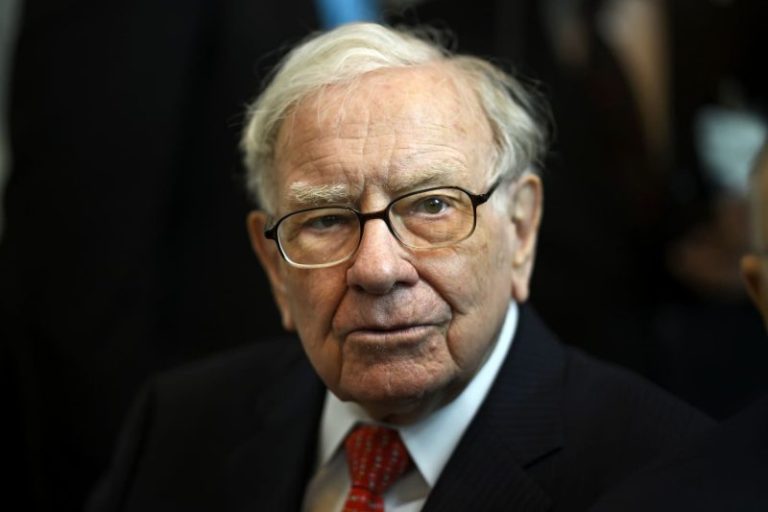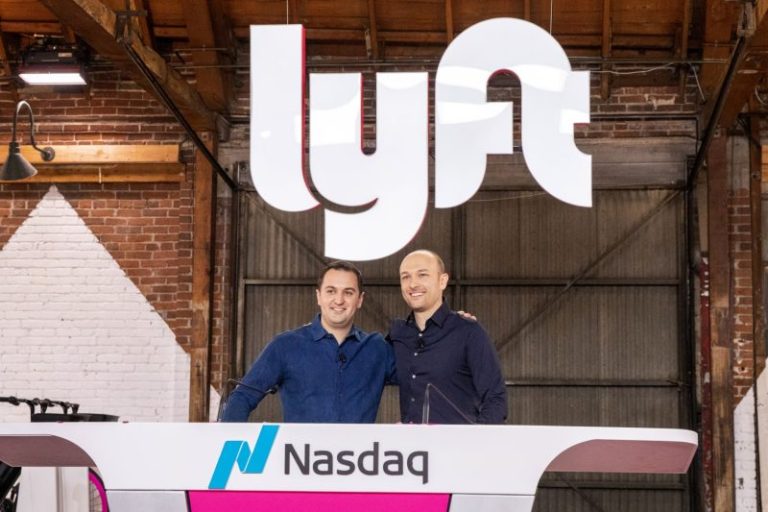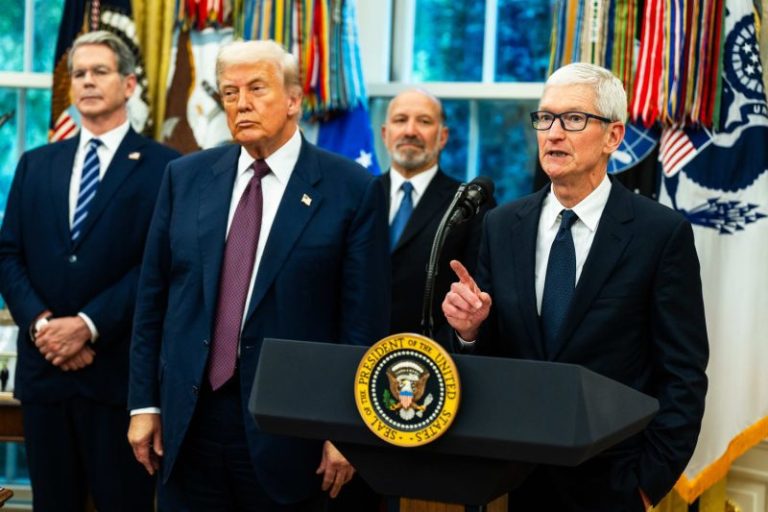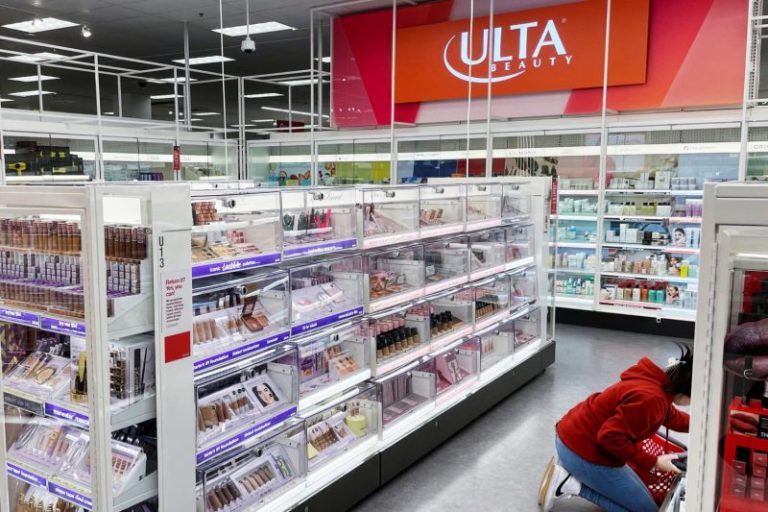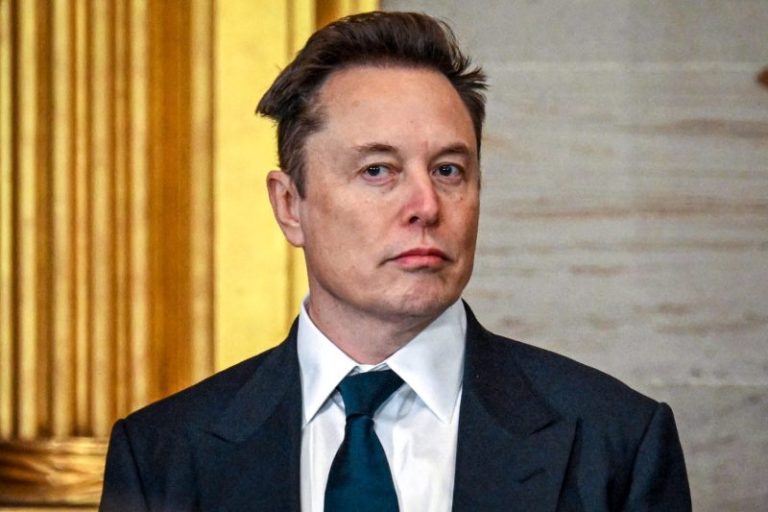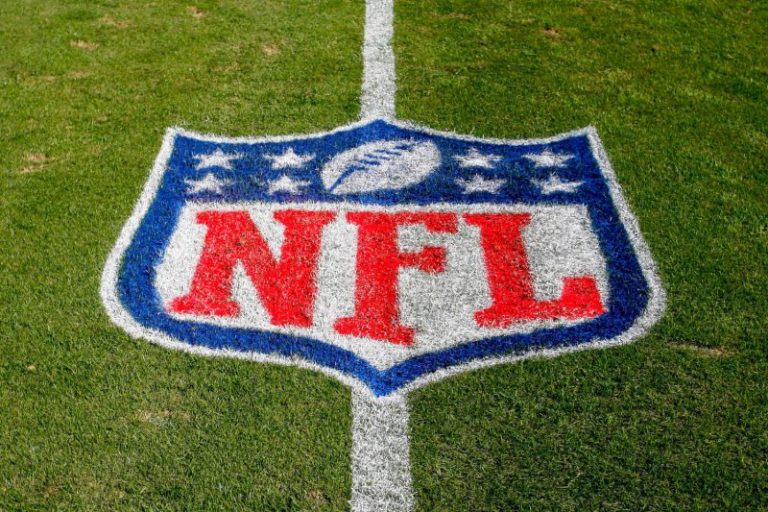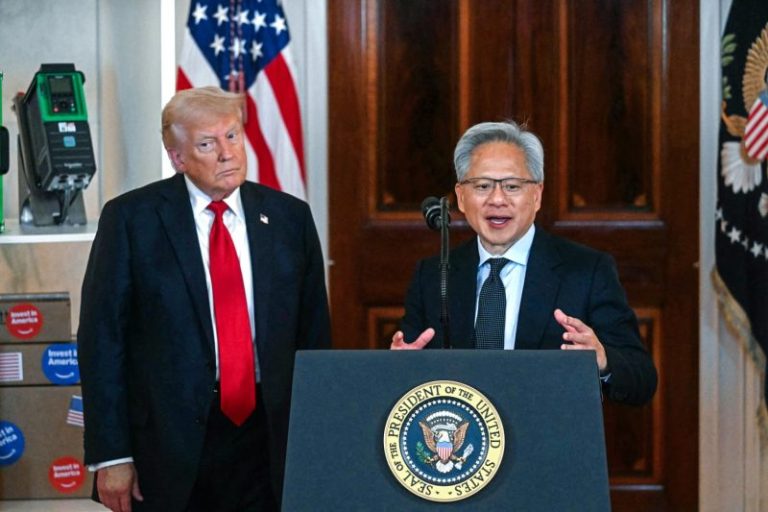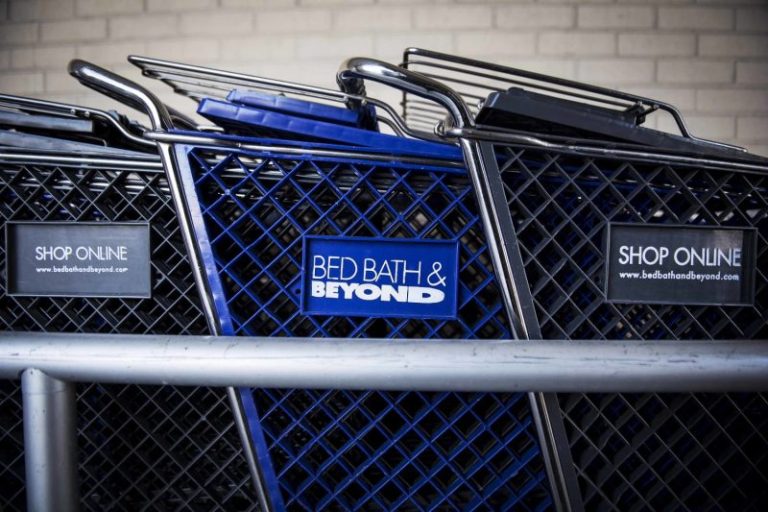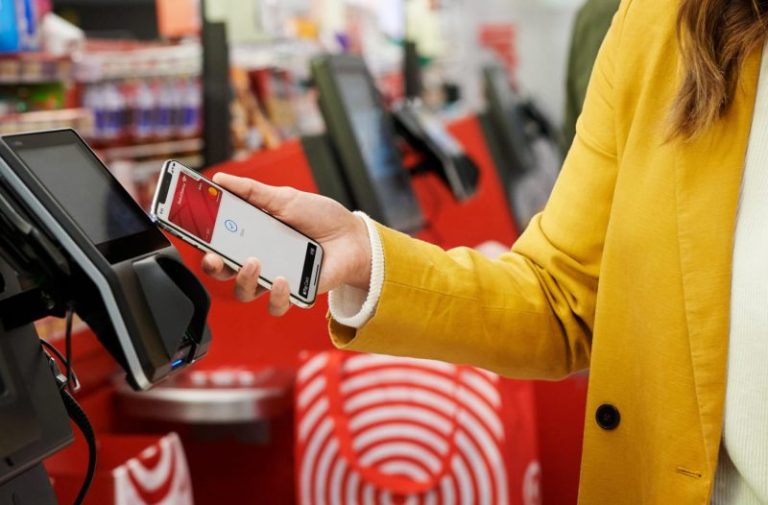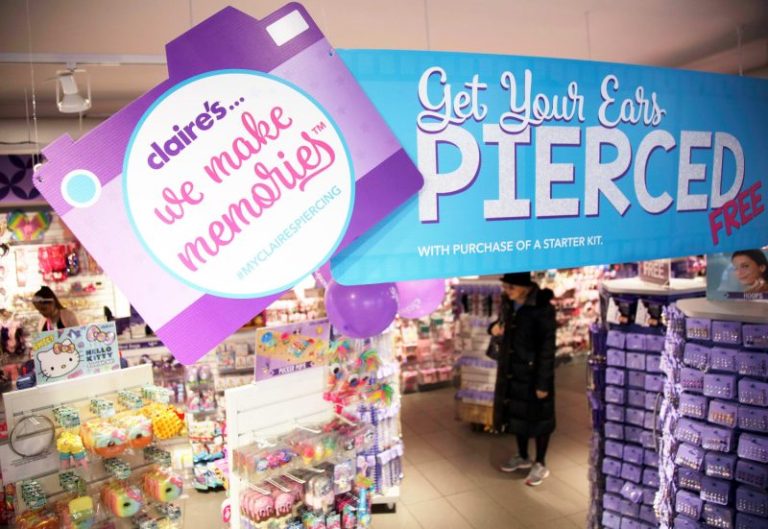Warren Buffett’s Berkshire Hathaway revealed a new stake in troubled insurer UnitedHealth last quarter, according to a regulatory filing, a surprising buy because of the company’s current reputation, but perhaps not considering his history of bargain investing.
The Omaha-based conglomerate bought more than 5 million shares in the health care firm for a stake worth about $1.6 billion at the end of June. The stake puts it as the 18th biggest position in the Berkshire portfolio behind Amazon and Constellation Brands, according to VerityData.
Berkshire’s equity portfolio is worth about $300 billion, so it is possible that Buffett’s two investing lieutenants Todd Combs and Ted Weschler were more responsible for this purchase rather than the “Oracle of Omaha” himself. Buffett said one of his investment managers was behind the Amazon investment in 2019.
The insurer’s stock shot up 6% in extended trading following Berkshire’s disclosure.
Shares of UnitedHealth were down nearly 50% for 2025 through Thursday’s close before Buffett’s filing. The largest private health insurer has become the face of a public blowback in this country against the rising costs of health care. UnitedHealth is currently facing a Justice Department investigation into its Medicare billing practices.
In May, the company pulled its annual earnings outlook and CEO Andrew Witty stepped down. Last month, UnitedHealth gave a new 2025 outlook that was well short of Wall Street estimates, hitting the stock further.
Buffett, who’s turning 95 this month, has been critical of the healthcare system in the U.S., calling it a “tapeworm” on the economy due to its high costs. In 2018, he, along with Jeff Bezos and Jamie Dimon, launched a joint venture to improve healthcare for their employees and potentially for all Americans, but it was eventually shut down.
UnitedHealth isn’t the only stock Berkshire picked up recently. In fact, the conglomerate also took small stakes in steel manufacturer Nucor, outdoor advertising company Lamar Advertising and security firm Allegion. Berkshire also got back into homebuilders Lennar and DR Horton.
Shares of Nucor jumped nearly 8% in afterhours trading, while Lennar and DR Horton popped about 3% each.
Buffett also pared his positions in Bank of America and Apple. The Apple stake was cut by about 7%. Berkshire’s largest positions as of the end of the second quarter were Apple, American Express, Bank of America, Coca-Cola and Chevron.
The legendary investor is stepping down as Berkshire CEO at the end of the year, handing over the reins to Greg Abel. Buffett will stay on as chairman of the board. It’s still unclear who will be in charge of Berkshire’s gigantic equity portfolio, though Buffett has alluded that Abel will be making all capital allocation decisions at the conglomerate.
UnitedHealth attracted other buyers last quarter, according to filings, including Michael Burry and Appaloosa Management’s David Tepper. Shares of the insurer are trading at a price-earnings ratio of just under 12, near its lowest in more than a decade.
There was speculation regarding a mystery stock Buffett was buying as Berkshire had asked for permission to keep certain holdings secret last quarter. It turns out the secret stock was a combination of multiple positions and likely the stakes added in DR Horton, Nucor and Lennar “A” shares.

